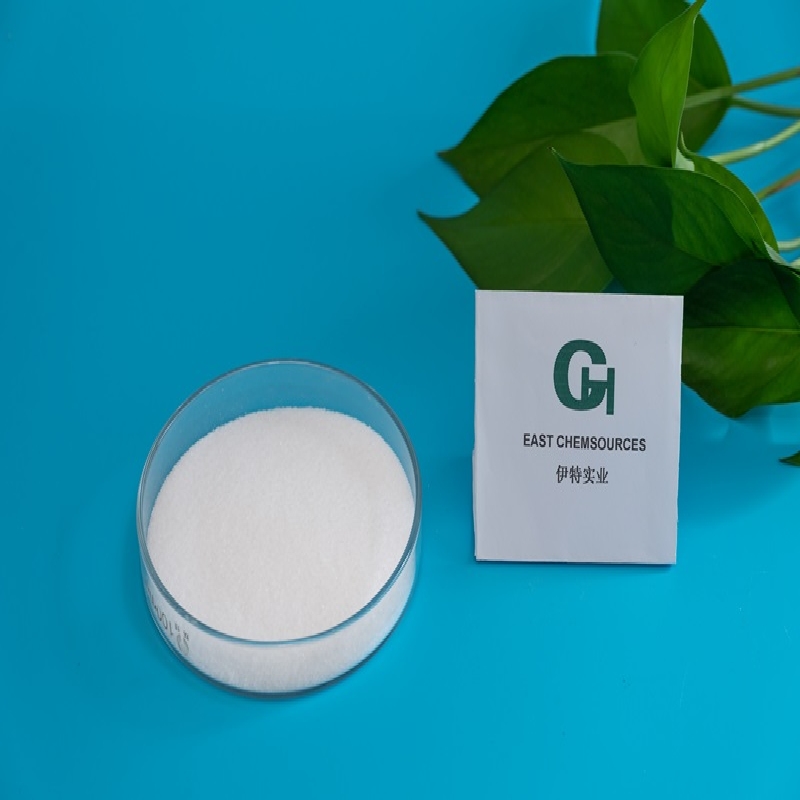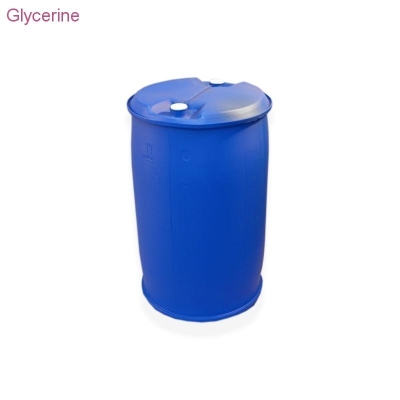-
Categories
-
Pharmaceutical Intermediates
-
Active Pharmaceutical Ingredients
-
Food Additives
- Industrial Coatings
- Agrochemicals
- Dyes and Pigments
- Surfactant
- Flavors and Fragrances
- Chemical Reagents
- Catalyst and Auxiliary
- Natural Products
- Inorganic Chemistry
-
Organic Chemistry
-
Biochemical Engineering
- Analytical Chemistry
- Cosmetic Ingredient
-
Pharmaceutical Intermediates
Promotion
ECHEMI Mall
Wholesale
Weekly Price
Exhibition
News
-
Trade Service
The 2020 National Health Insurance Drug Catalog Access Negotiations, a three-day event involving cancer, mental illness, eye disease, pediatrics and other drug varieties, have been launched in Beijing.
According to the 2020 National Health Insurance Drug Catalog Adjustment Work Programme published by the National Health Insurance Administration on August 17 this year, the adjustment of the medical insurance catalogue is divided into five stages: preparation, declaration, expert evaluation, negotiation and bidding, and publication of the results.
is currently in the negotiation stage, the successful varieties of negotiations will be included in the National Health Insurance Category B directory.
September this year, the State Health Insurance Administration published the "2020 National Health Insurance Drug Catalog Adjustment through the form of examination of the list of declared drugs", according to this list, a total of 751 numbers this year, corresponding to 708 products into the list.
751 drugs that passed the formal review met seven conditions1 and were used for the treatment of respiratory diseases associated with neo-crown pneumonia.
2 and are included in the National Essential Medicines Directory (2018 edition).
3, to be included in the list of new drugs in urgent need of overseas medicines, to encourage generic drugs or to encourage research and development to declare the list of children's drugs, and on August 17, 2020 (including, the same below) before the approval of the State Drug Administration listed drugs.
4, the second batch of national organizations centralized procurement of selected drugs.
5, 2015 and August 17, 2020, approved by the State Drug Administration for the listing of new generic drugs.
6, 2015 to August 17, 2020, according to the results of clinical trials to the State Drug Administration supplementary application and approval, adaptation, functional treatment and other significant changes in drugs.
7, 2019, before December 31, 2019, entered more than 5 (including) the latest provincial version of the basic medical insurance drug catalog of drugs.
, the main active ingredients are included in the "first batch of national key monitoring of rational drug use drug catalogue (chemical and biological products)" except.
Of the seven conditions, the last one is: before December 31, 2019 to enter the latest version of the provincial basic medical insurance drug catalog of drugs, qualified drugs list of Western medicine and Chinese medicine, all by enterprises in accordance with the procedures to file a declaration, after approval into the proposed new scope, of which the exclusive drug identification, to August 17 this year.
for Chinese medicine companies that used to rely more on local health-care catalogs, the seventh is an opportunity to enter the national health-care directory if the first six conditions are not met.
Once, the exclusive varieties of traditional Chinese medicine no competition, no pressure to reduce prices, the industry called "lying down can make money varieties", however, in the context of health care control fees, coupled with some places began to focus on the procurement of traditional Chinese medicine, traditional Chinese medicine is not a good time, into the national health insurance directory, open a larger market, become a new way of survival.
recent years, the pressure on the price of health care negotiations has become more and more obvious.
fact, the health-care negotiations are no less painful than volume purchases.
review of the four rounds of health care negotiations in recent years, the price cuts can be described as "more and more intense."
the first four rounds of negotiations, the average decline in almost every round has been more than 50 per cent, and for the first time in 2019 it has been more than 60 per cent.
first round of health care negotiations began in October 2015, when 16 units, including the Health and Planning Commission, set up a coordination mechanism to organize the first batch of national drug price negotiations pilot work.
November 2015, the national drug price negotiations were officially launched, and the negotiating team held several rounds of negotiations with enterprises related to patented drugs for hepatitis B and non-small cell lung cancer.
In May 2016, the results of the first batch of national drug price negotiations were announced to the public, including the chronic hepatitis B first-line treatment drug tynofovir, non-small cell lung cancer targeted treatment drugs ecstateni and gyfeitinib, the price reduction of more than 50%.
the results of the second round of health care negotiations were announced by the Ministry of Human Services in July 2017.
the talks involved 36 drugs, including liraglutide injections, including cancer-targeted drugs, cardiovascular drugs and drugs for major diseases such as haemophilia, which fell by an average of 44 per cent, or as much as 70 per cent.
third round of health care negotiations is mainly anti-cancer drug special negotiations.
2018, the National Health Insurance Administration organized more than 70 experts from 20 provinces across the country to conduct evaluation, selection and voting, and after written consultation with enterprises to negotiate the will to confirm that 18 varieties of 12 enterprises into the scope of negotiations.
Through this successful negotiation of 17 drugs, including Azatide, covering the treatment of non-small cell lung cancer, chronic myeloid leukemia, acute lymphoblastic leukemia in children, melanoma, renal cell carcinoma, colorectal cancer and more than 10 kinds of cancer treatment drugs, an average decline of 56.7%.
fourth round of health care talks will take place in November 2019.
last year's negotiations involved 150 negotiated medicines, 70 of the 119 new drugs were successful, a 60.7 per cent drop on average, and 27 of the 31 renewal products were successful, with an average drop of 26.4 per cent.
related drugs related to cancer, rare diseases, hepatitis, diabetes, multidrug-resistant tuberculosis, rheumatoid immunity, cardiovascular, digestion and other more than 10 clinical treatment areas.
This health care negotiations are concerned about 22 high-priced anti-cancer drugs new health insurance, an average decline of 65%, of which in the popular PD-1 antibody drugs, 4 products negotiated competition, and ultimately only Cinda Bio and Lilly joint venture PD-1 immuno-cancer drug Xindili single anti-injection to reduce the price of 64% of the successful negotiations.
, the annual health-care negotiations have become more normal.
for many businesses, a drug's chances of survival are slim if it is not included in the super"buy-to-pay" health insurance directory.
measures to reform the health care system are to eliminate the sale of gold.
And after the adjustment of the health insurance catalog, whether it is the survival of rebate marketing, or the way out of the booming "academic promotion" will be blocked, with gold sales will be the end of the road.
。







